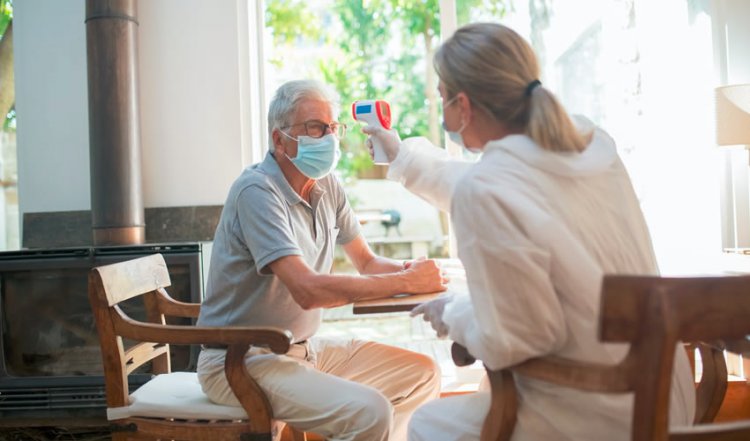Medical Scams - How to Prevent and Identify Fake Information
Medical scams usually operate through advertisements on websites or emails. Learn more about how to protect yourself and prevent medical scams.

"The new diet trend that is taking the world by storm."
"Lose 20 pounds in 20 days."
“Doctors are baffled by this posture correcting device.”
“Woman's back pain disappears after 50 years!”
With captions like these, you might wonder why these tips, tricks, diets, medicines, and gadgets aren't more popular. The truth of the matter is, most of them are scams.
Medical scams like these usually operate through advertisements on websites or email.
If you visit a website featuring several ads with such spectacular claims as the ones at the beginning of this article, do not expect any of them to be reliable.
Even those that do not ask for money can very well be fake.
People are paid for featuring ads on their website, and getting a large number of page views increases their profit. Because of this, they may plant “clickbait” on other websites, such as “One weird tip to lose belly fat” or “Doctors don't want you to know this.”
Some of the most popular medical scams are weight loss scams. They promise unrealistic ways to lose weight with very little effort in a short amount of time.
Many Internet users also fall victim to miracle cure scams. Some claim to cure long-term ailments like arthritis and asthma.
Others are advertised as a cure-all that work for many conditions and symptoms. Some even advertised Covid-19 cures at the beginning of the pandemic, long before real vaccines were developed.
Nowadays, most websites have found ways of running virtually in addition or as opposed to physically, even pharmacies. The problem is, many scammers pretend to run online pharmacies. They may offer medication at a fraction of the usual cost or that is hard to get.
All of these types of medical scams tend to use testimonials from “patients” who say they were cured, before and after pictures, approval from “doctors”, and sometimes celebrity endorsement. These tricks do not actually prove the validity of the claim.
Victims of medical scams may give personal information and be vulnerable to identity theft, pay for the product and never receive anything, or receive something that doesn't really work.
These scams will get you to waste your money, but what's worse is that they may risk your health. Using a fake treatment instead of a real one won't help your condition. In many cases it will make it worse.
Using these medications in addition to real ones could potentially be even more problematic. Drugs purchased from an unreliable source may even be illegal and/or laced with dangerous substances.
The University of British Columbia developed a chart to help you determine the risk of a medical advertisement being a scam. It is featured in a report about their research by the CBC.
Some of the most important parts of their chart relate to scientific evidence. If there are no studies cited, the product is likely non-existent or ineffective.
If there are studies mentioned, but they give little detail as to how the experiments were performed and you cannot find other reference to the studies, it is likely giving biased and inaccurate information.
The study is also unreliable if the person or people who conducted it are not certified doctors. Fake studies will use made up words, repetitive language, and odd explanations why the medicine or product is not officially certified. They may claim that it's an ancient remedy or come up with a conspiracy theory.
Even if there is an explanation of how the product works and it seems logical, you should still be suspicious if there is no reference to a reliable study. Some things work in theory but not practice.
One of the UBC's other main points was that fraudsters will boast a limited supply of their product. They try to play on people's fear of missing out and rush them into buying without doing further research.
When you encounter an advertisement or email pertaining to health, do your research before you pay for anything.
Look up the medicine or exact wording of the ad to see if anyone has reported it as a scam. See if you can find any science to back up the ad's claims, run it through the UBC's chart mentioned above.
The RCMP advises Canadians to keep in mind that online pharmacists cannot give you prescription drugs without a prescription, and you cannot be diagnosed by a “doctor” who is not certified, and/or hasn’t examined you in person.
Most of all, always remember that if it seems too good to be true, it probably is.

 Mya Kay
Mya Kay 





